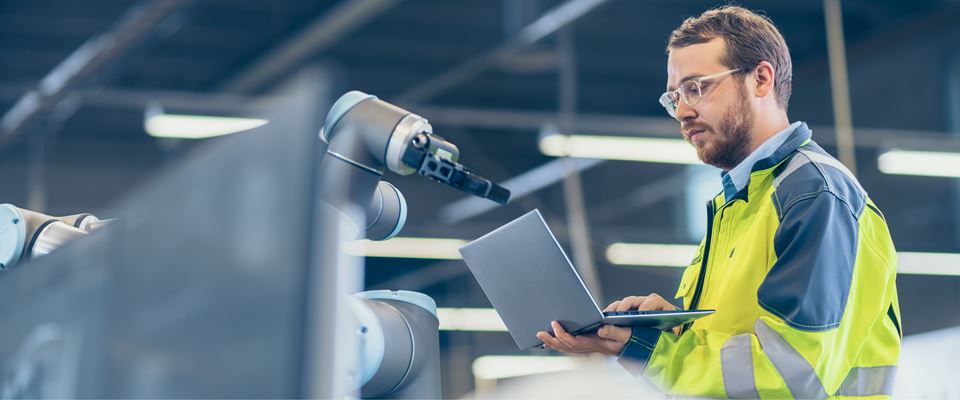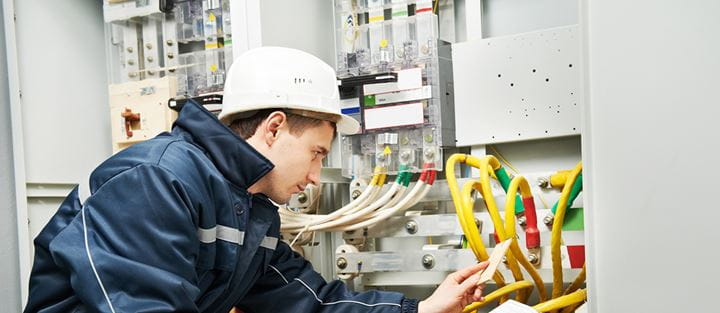A 12-month spending review1 was announced by the government in November last year.
Cautious optimism was the response to the funding, as it could mean a lifeline for many. Pledged investments range from £160m into ports and manufacturing infrastructure, to £500m into electric vehicle batteries and EV supply chains2.
There are other sub-sectors where support is unclear, such as the food and drink sector. Already dealt an enormous blow by Covid, it’s now facing more challenges, with Brexit bringing longer supply chains, onerous legislation and increased pressure on managing costs.
However, the financial support available opens up a range of opportunities for manufacturers who may have been struggling through the Covid pandemic.
Upskilling
Struggling industries could explore digitisation - training and upskilling their staff. AI in manufacturing is increasing3, meaning changes to the factory floor. Accessing skills funding will provide employees with new prospects.
Innovation and new product launches
Research and development will benefit from £15bn investment2. This means many manufacturers will have the chance to look at creating entirely new products, opening up whole new revenue streams.
Direct selling
There are opportunities for growth in direct-to-consumer (DTC) sales over the next three years; manufacturers could see a £24bn boost as customers increasingly adjust their buying behaviour4. Setting up a DTC e-commerce operation cuts out whole sections of the supply chain, maximising profit margins.
What does this mean from a risk and insurance point of view?
As existing business models will change, taking a new look at your manufacturing insurance policies and other potential risks will be essential.
Business interruption insurance
Smarter factories relying on increased connectivity and AI will be more vulnerable to cyber-attacks. There will be physical changes for the increased use of robotics in warehouses. Business interruption policies will need to allow for technical faults and the time taken for repairs, and of course those machinery repair costs will need to be considered.
Cyber insurance
Cyber will be a key factor for manufacturers looking to move into a more consumer-focused operation. Customer data must be secure. There will also be increased administration costs, more paperwork, and more employees needed to manage consumer communications and process returns/refunds. Manufacturers should consider how a cyber insurance policy can help protect their business in the event of a data breach or cyber-attack – covering elements from media and reputational management to digital asset restoration.
Intellectual property (IP) insurance
Whilst innovation is key to survival, new products will need to have intellectual property protection. The risk of IP being stolen increases with any chink in the armour of cybersecurity so both insurance policies could need to be considered.
Businesses will need more than one insurance policy to cover the changes. Your insurance broker can explain the different policies to help you manage the risk these opportunities create.
The good news is support – much needed – is there for many. The key is to make sure the right processes are in place to manage the risks that will arise, with manufacturing insurance that is fit for purpose.
Sources
1 gov.uk/government/topical-events/spending-review-2020
2 gov.uk/government/publications/spending-review-2020-documents/spending-review-2020
3 makeuk.org/insights/blogs/the-uks-ai-landscape-a-tale-of-ai-manufacturing-and-the-avengers
4 cityam.com/manufacturers-set-for-24bn-boost-from-surge-in-direct-to-consumer-sales/











